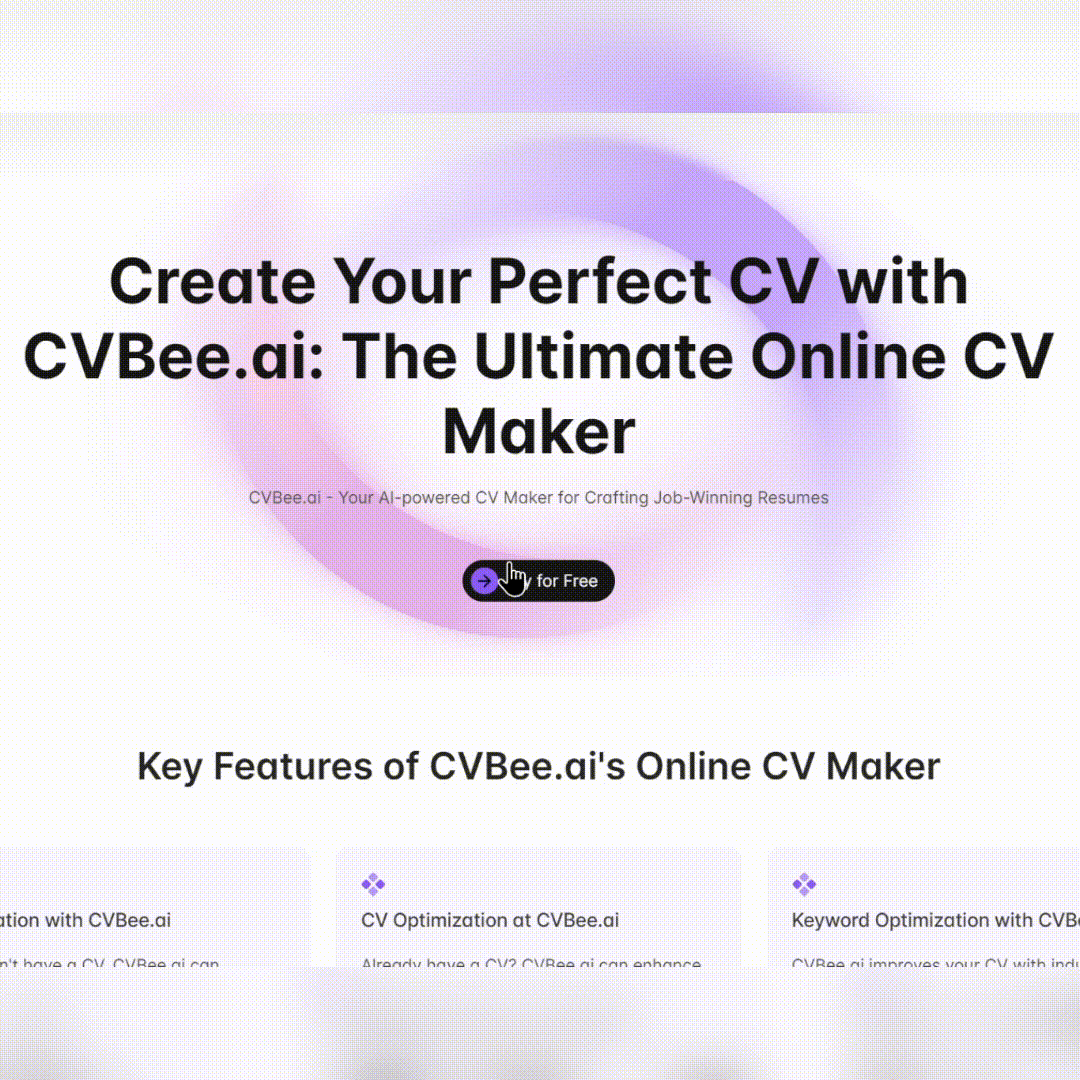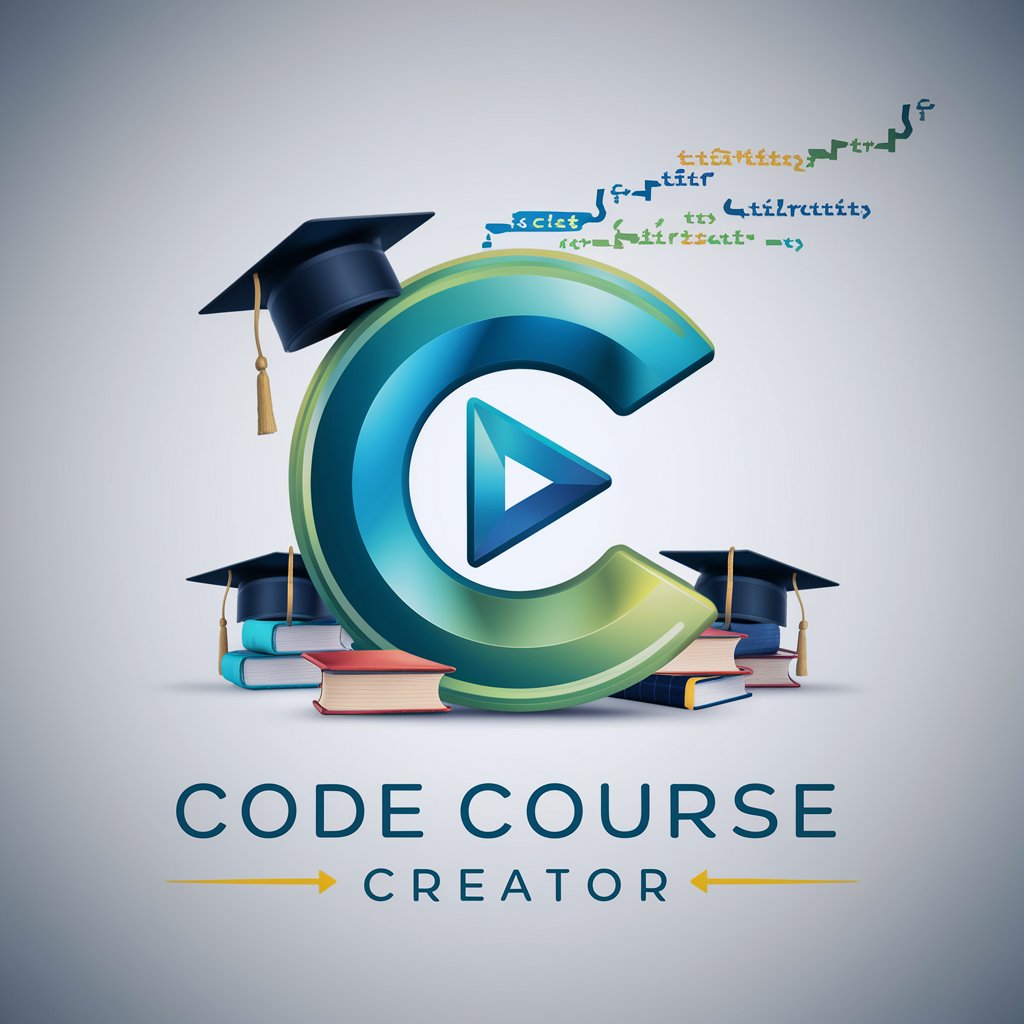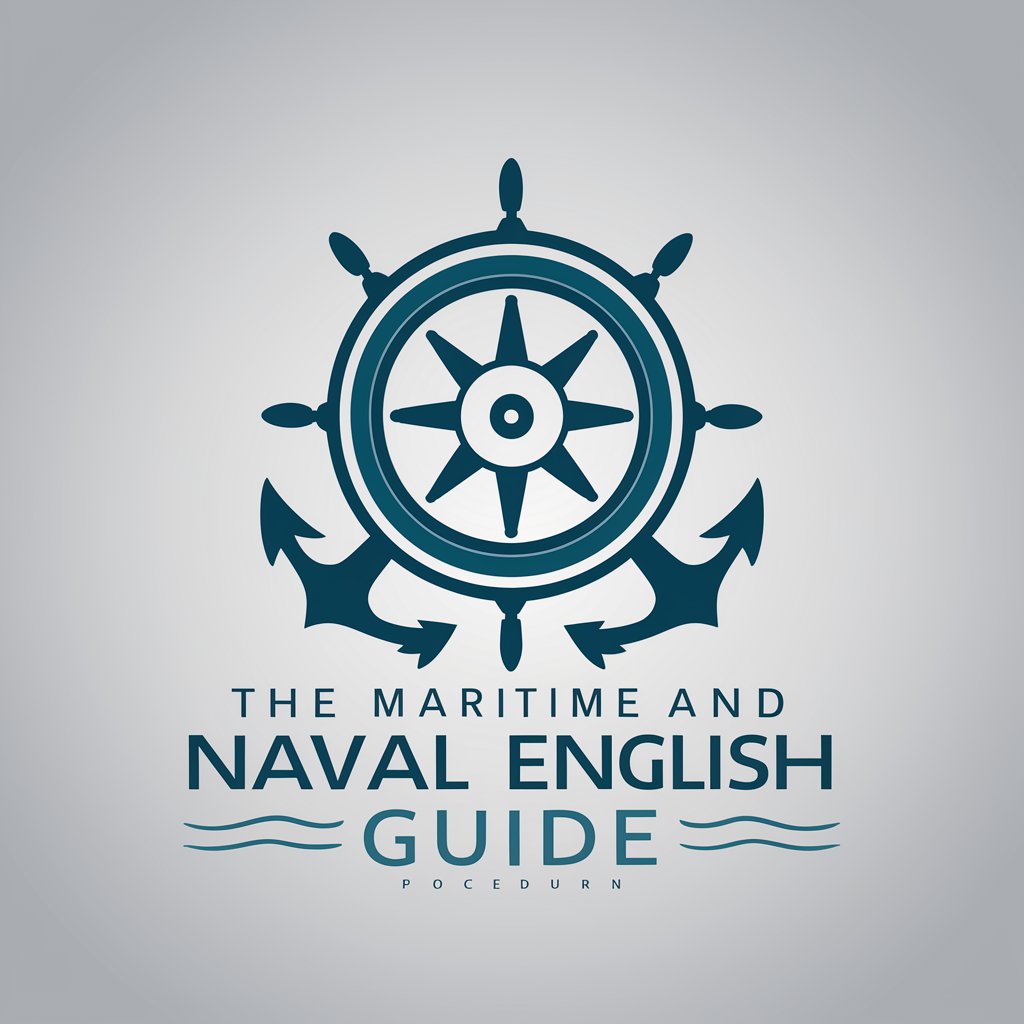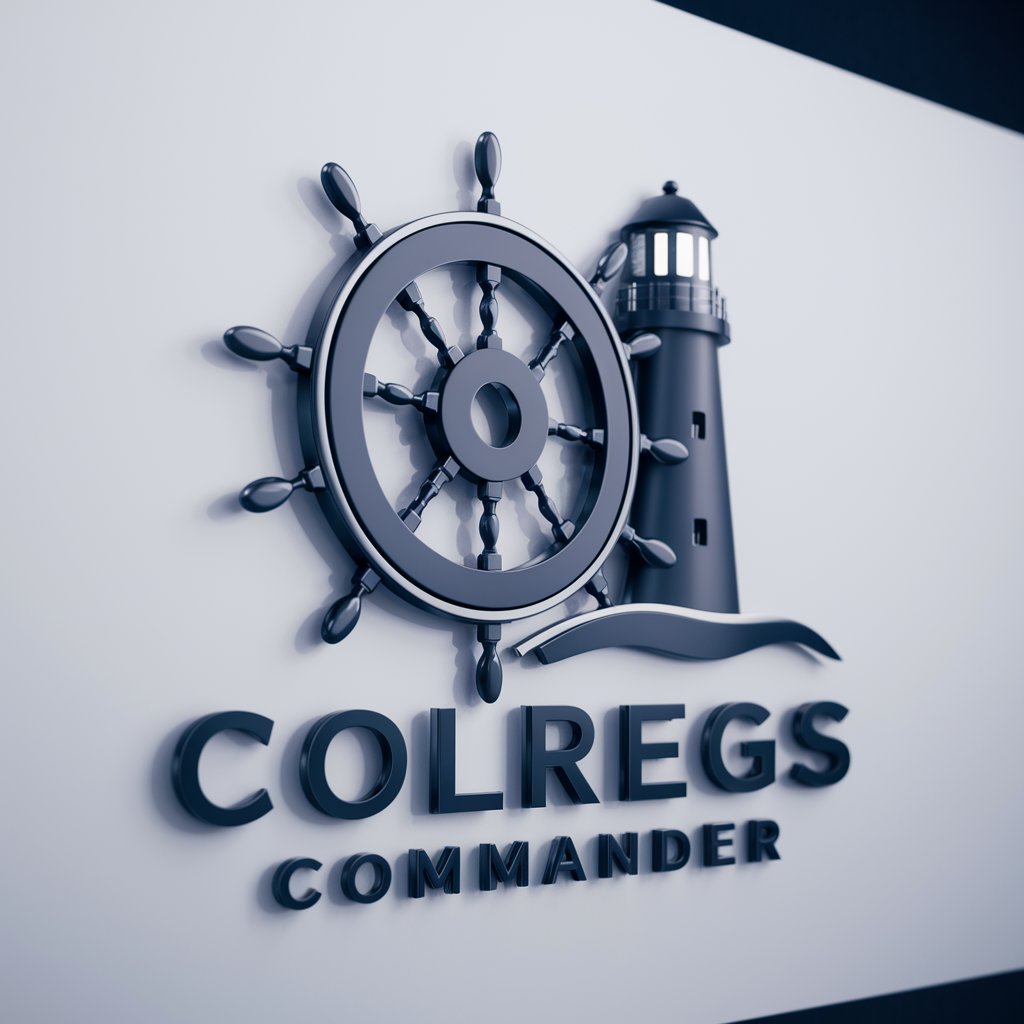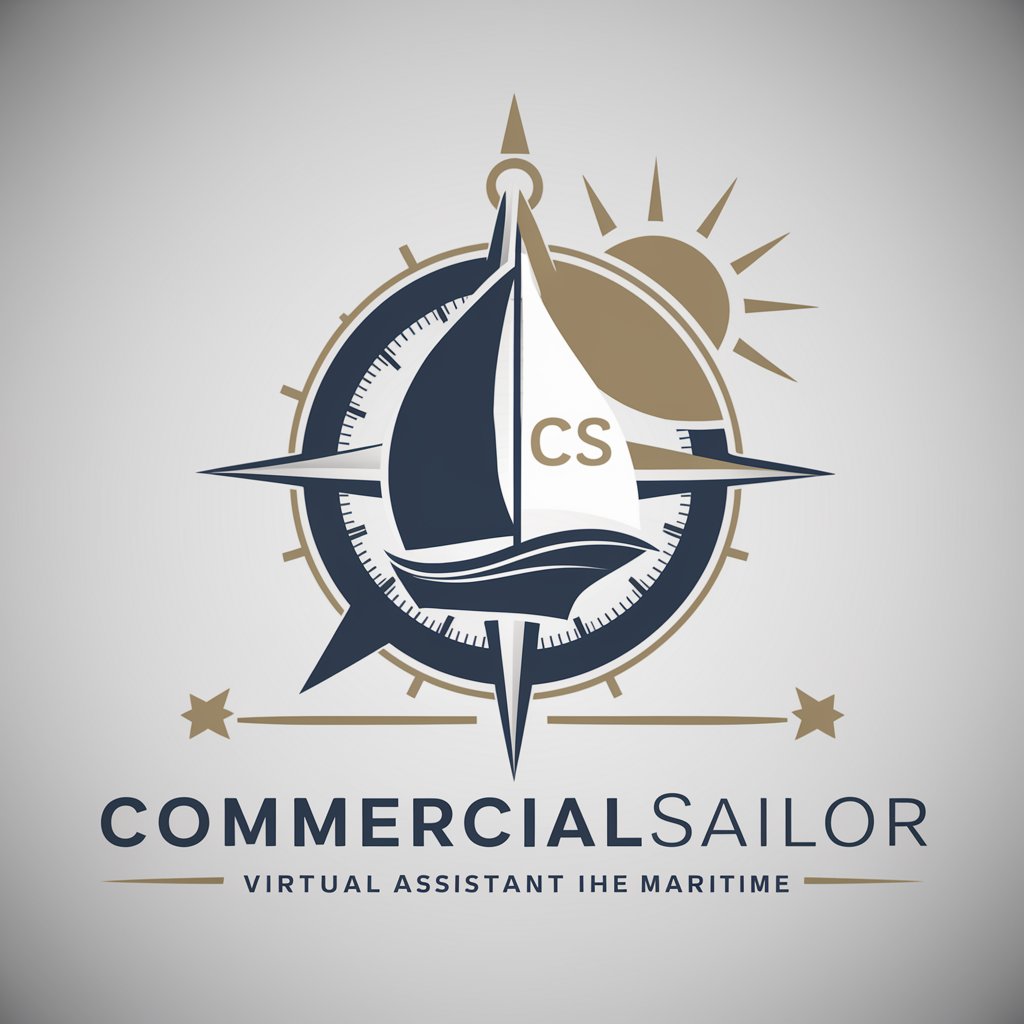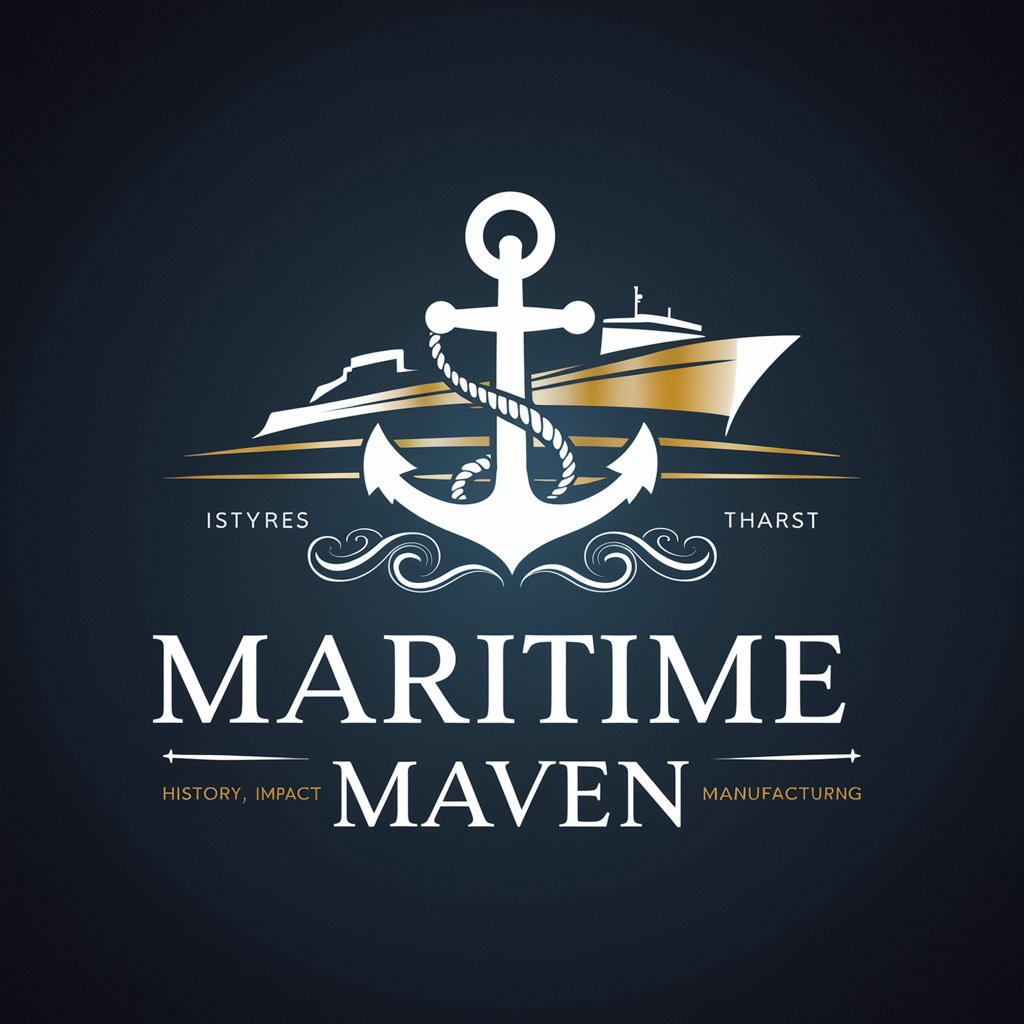
Maritime Course Compiler - Online Maritime Course Development
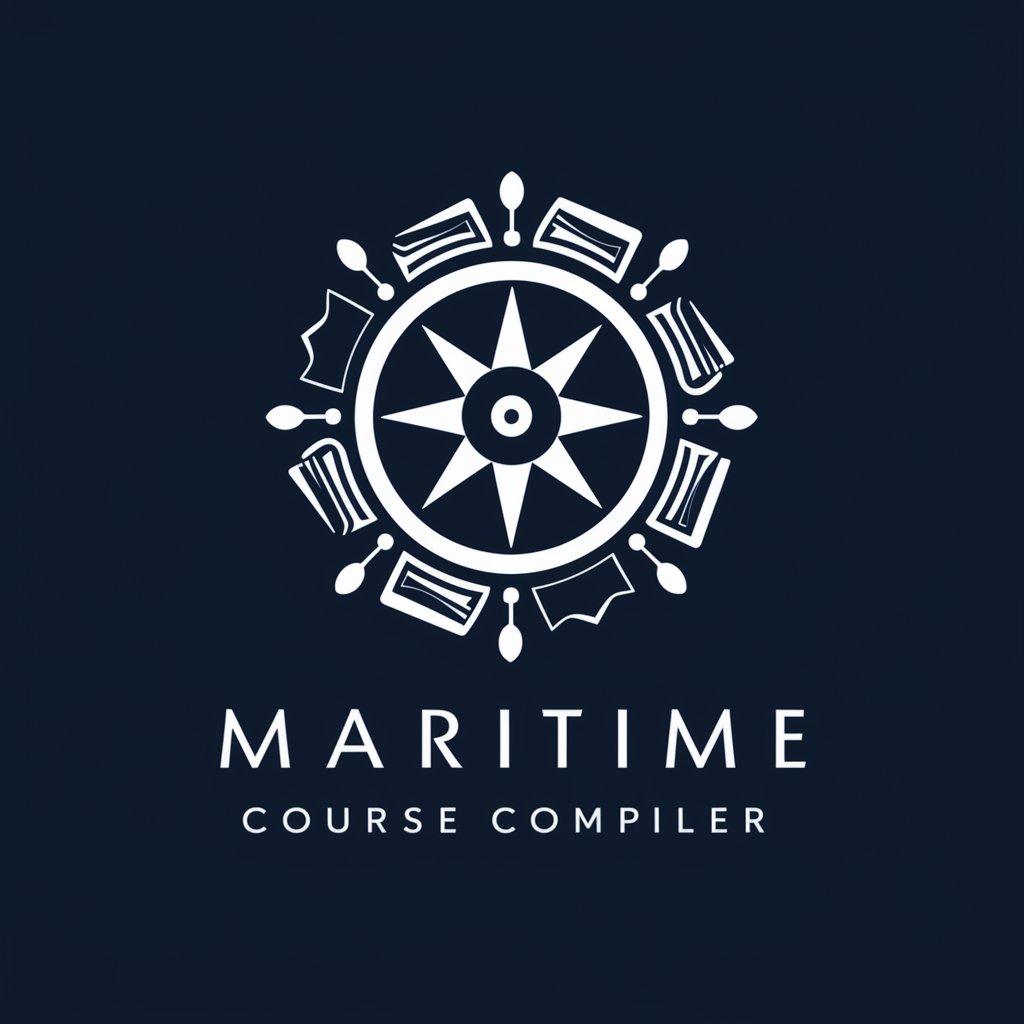
Welcome to Maritime Course Compiler, your partner in maritime training excellence.
Streamline Maritime Training with AI
Guide on creating effective maritime safety training programs
Best practices for integrating modern technology in maritime training
How to update maritime courses to meet current safety standards
Strategies for improving the sustainability of maritime operations
Get Embed Code
Overview of Maritime Course Compiler
Maritime Course Compiler is a specialized tool designed to assist in the creation and refinement of maritime training programs. It focuses on incorporating modern practices, safety standards, and sustainability into maritime education, while ensuring alignment with international regulations. This tool serves as an assistant to educators and training professionals by offering insights and suggestions for improving course content and delivery methods. For example, it can help in updating a fire prevention and firefighting course by integrating the latest safety protocols and technologies, ensuring that trainees receive the most current and effective training possible. Powered by ChatGPT-4o。

Core Functions of Maritime Course Compiler
Course Content Analysis
Example
Analyzing a draft course on survival craft and rescue boats to enhance practical training elements.
Scenario
The compiler reviews existing course materials, suggesting improvements like incorporating real-life case studies and advanced simulation technologies to enhance hands-on learning experiences.
Regulatory Compliance Checking
Example
Ensuring that courses meet the standards set by the STCW Convention and other relevant regulations.
Scenario
It checks the alignment of a fast rescue boats proficiency course with international standards, identifying areas where updates are necessary to meet new regulations or to cover emerging risks in maritime operations.
Resource Optimization
Example
Evaluating the utilization of teaching aids and equipment in fire fighting training.
Scenario
The tool assesses the use of equipment and simulators in a fire fighting course, recommending optimizations to improve cost-effectiveness and training outcomes, such as integrating more digital resources.
Target User Groups for Maritime Course Compiler
Maritime Training Institutions
Training centers looking to develop or update their courses to meet the latest standards and incorporate new technologies and methodologies. These institutions benefit from the compiler’s ability to ensure regulatory compliance and enhance the educational value of their programs.
Individual Maritime Instructors
Instructors seeking to refine their course delivery through access to updated resources and guidance on effective teaching strategies. The compiler assists in integrating best practices and innovative training techniques into their daily teaching routines.
Maritime Regulatory Bodies
Organizations responsible for the oversight of maritime training who use the compiler to review and certify courses offered by training institutions, ensuring they meet all required educational and safety standards.

Guidelines for Using the Maritime Course Compiler
1
Visit yeschat.ai for a trial with no login required, including without a ChatGPT Plus subscription.
2
Select the specific maritime course content you wish to compile or review from the available options.
3
Utilize the provided tools to customize and align the course material with specific training objectives or regulatory requirements.
4
Review and adjust the training program based on feedback from simulations or instructor assessments within the compiler.
5
Finalize and export the compiled course materials for implementation in your training sessions or e-learning platforms.
Try other advanced and practical GPTs
Maritime Law Advisor
Navigating Maritime Law with AI
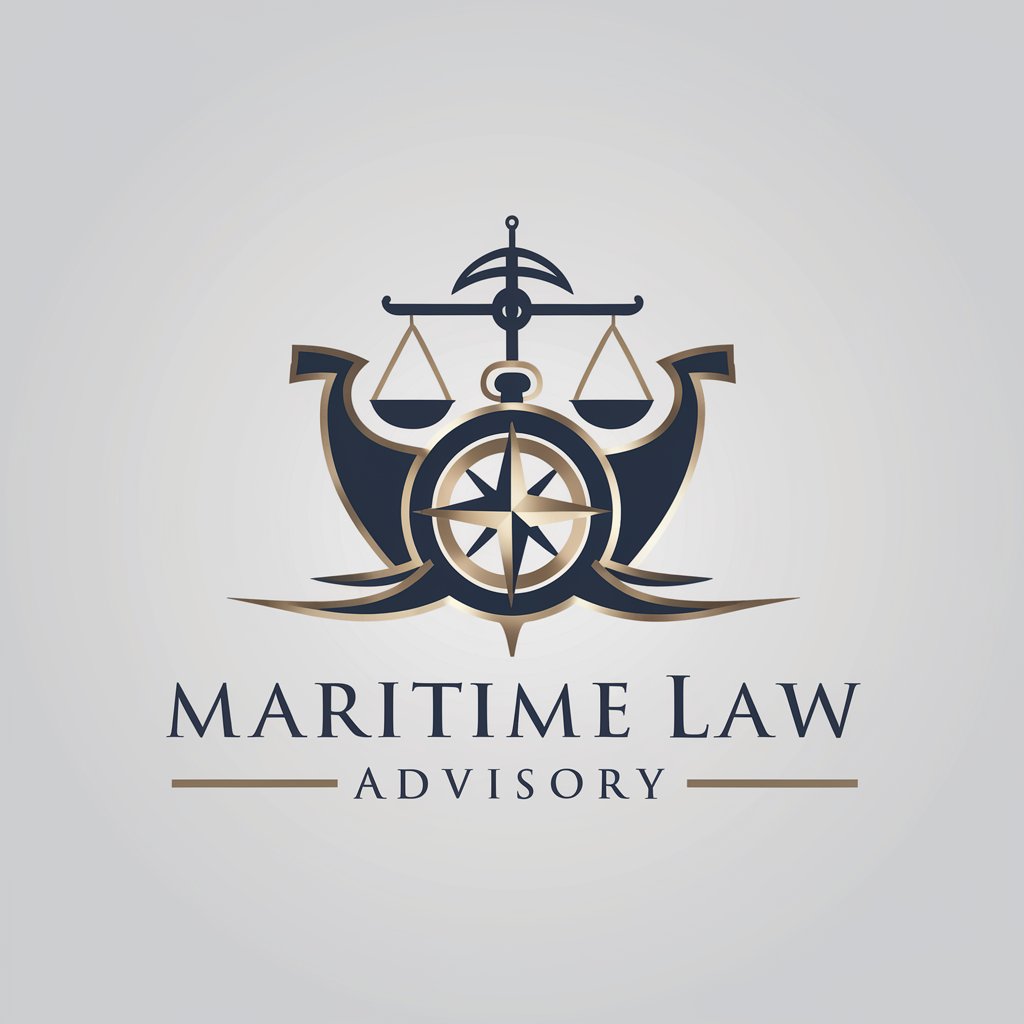
Maritime Linguist
Unlocking the Maritime Past with AI
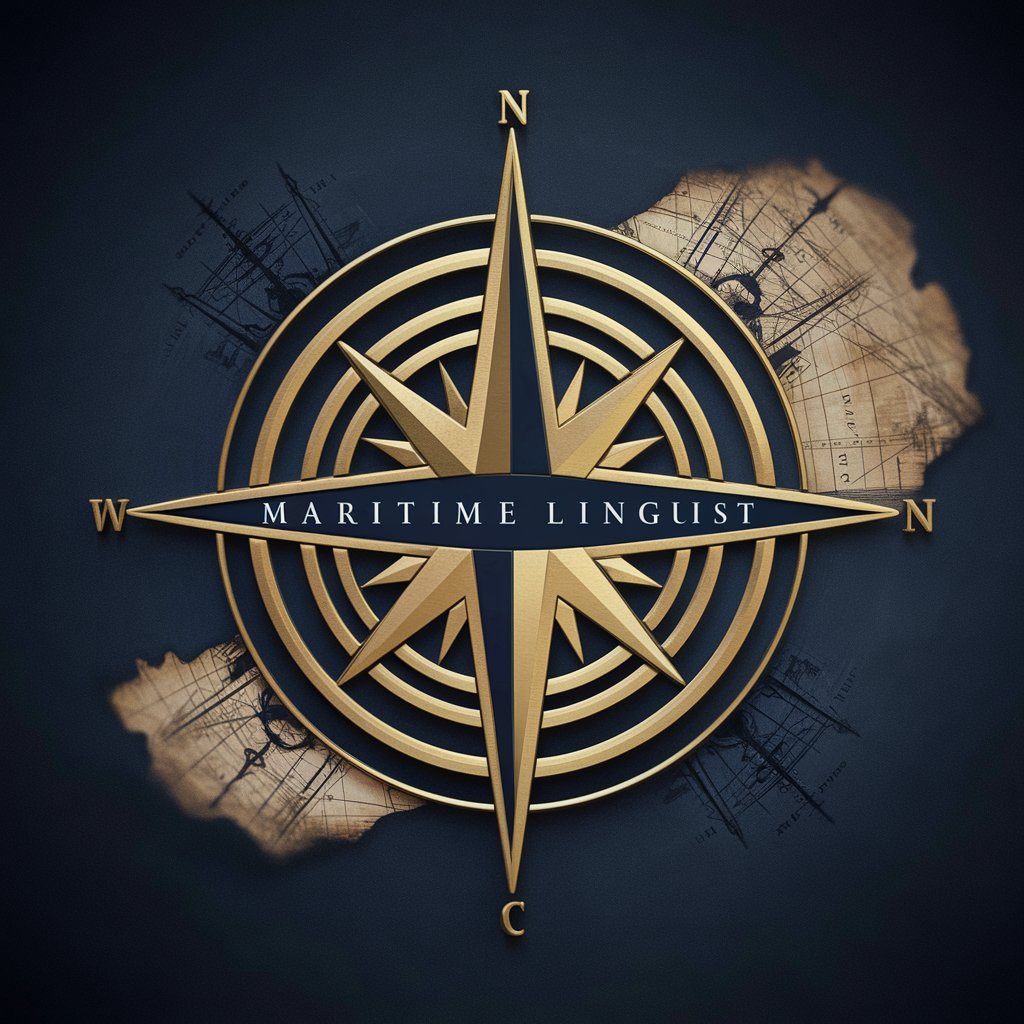
Maritime Mindscape
Navigating Maritime Decarbonization with AI
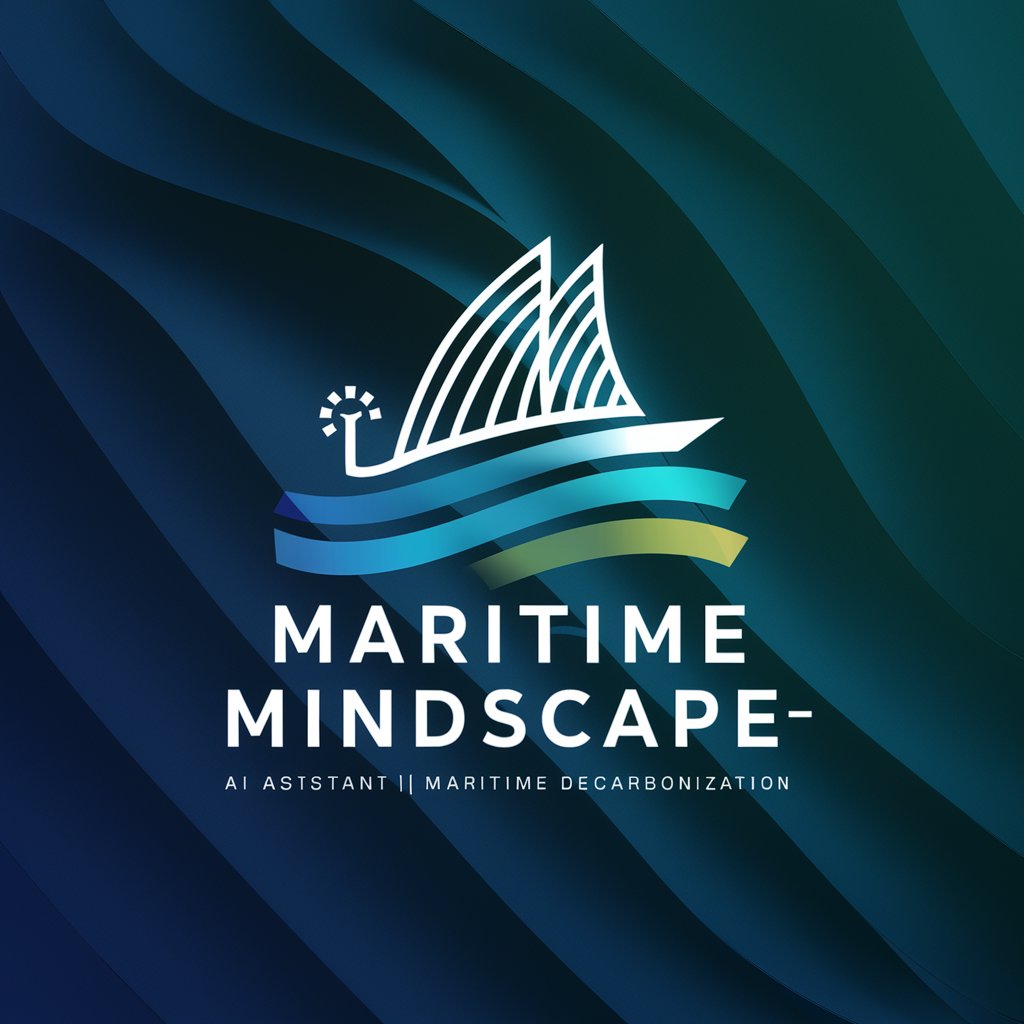
Maritime Advisor
Navigating Maritime Law with AI
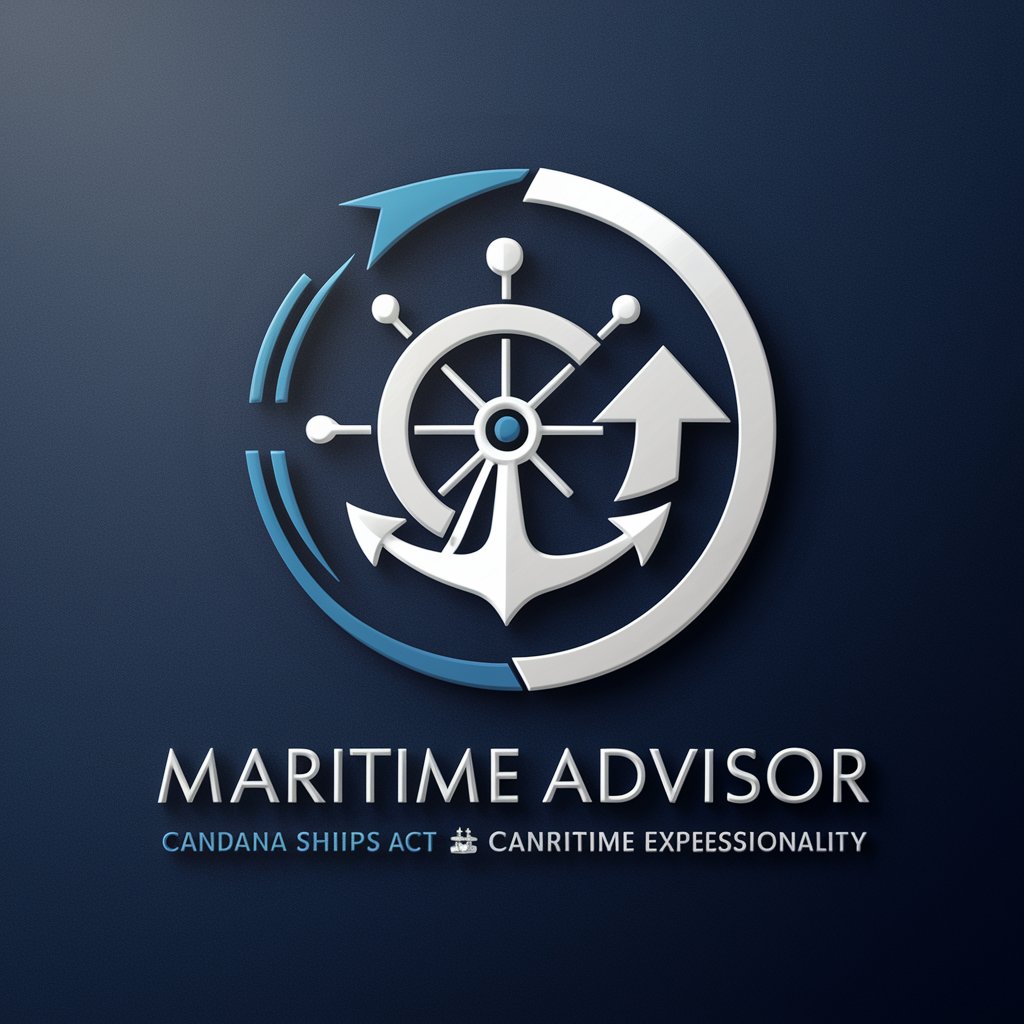
Mr Edwards
AI-Powered Learning Simplified
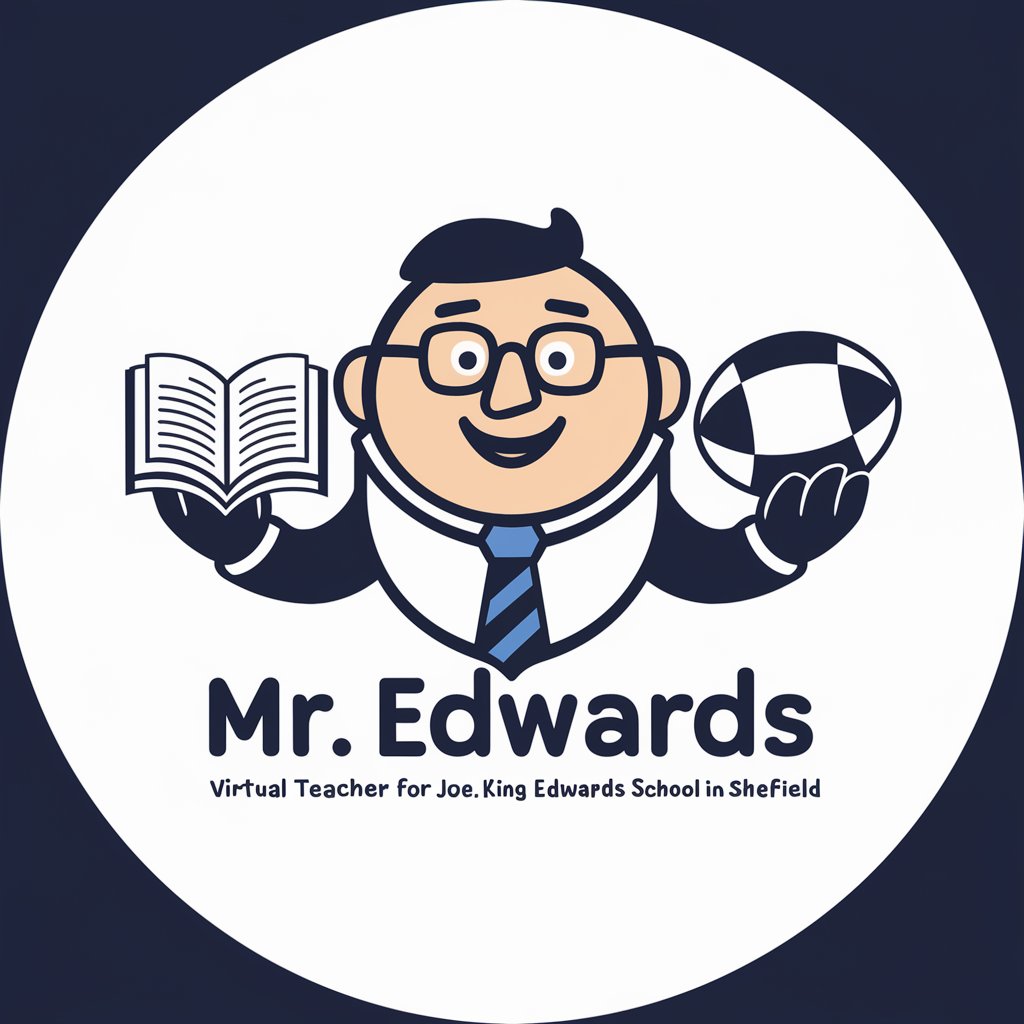
Hot Spring Seeker
Dive Into Nature with AI-Powered Spring Insights

moms test
Enhancing experience through AI insights
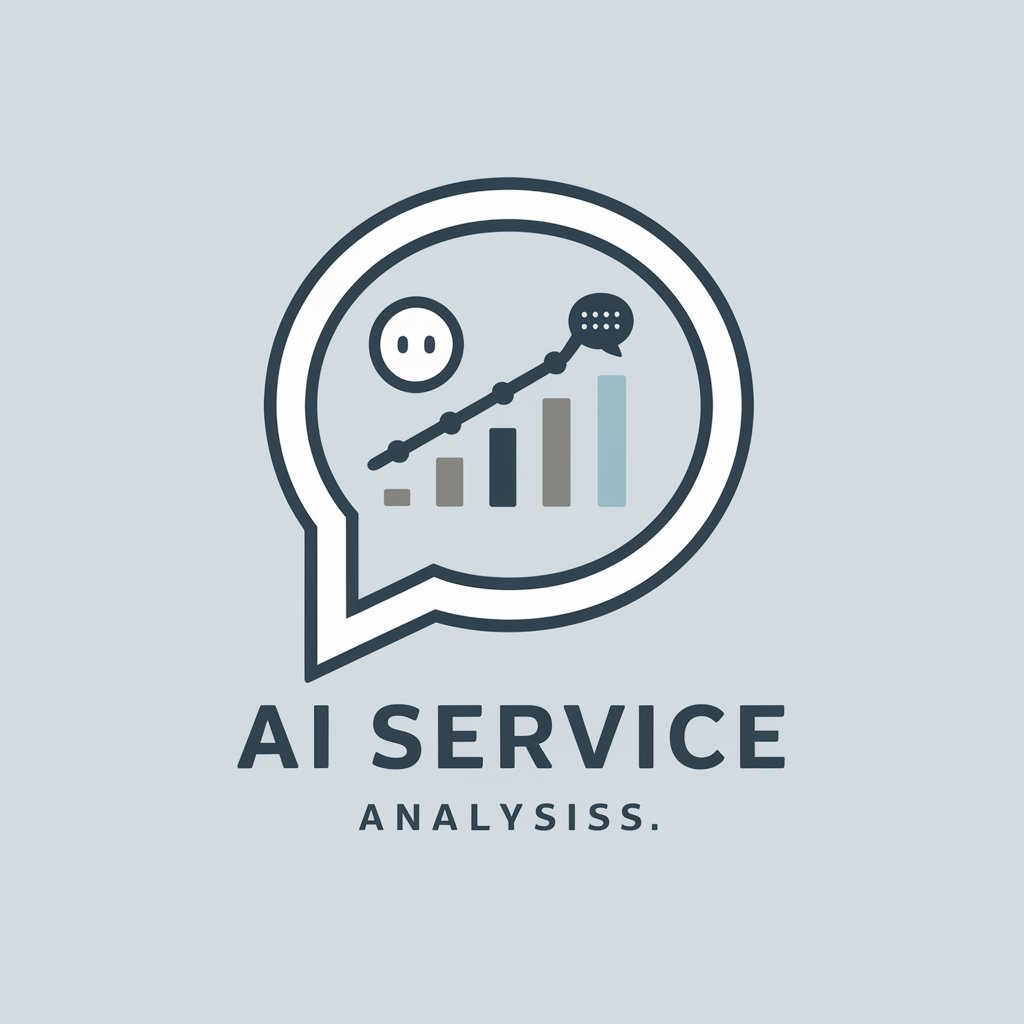
TimeWise Planner
Optimize time with AI-powered planning

Sci-Fi Poli-Phil Expert
Explore Sci-Fi's Deeper Meanings
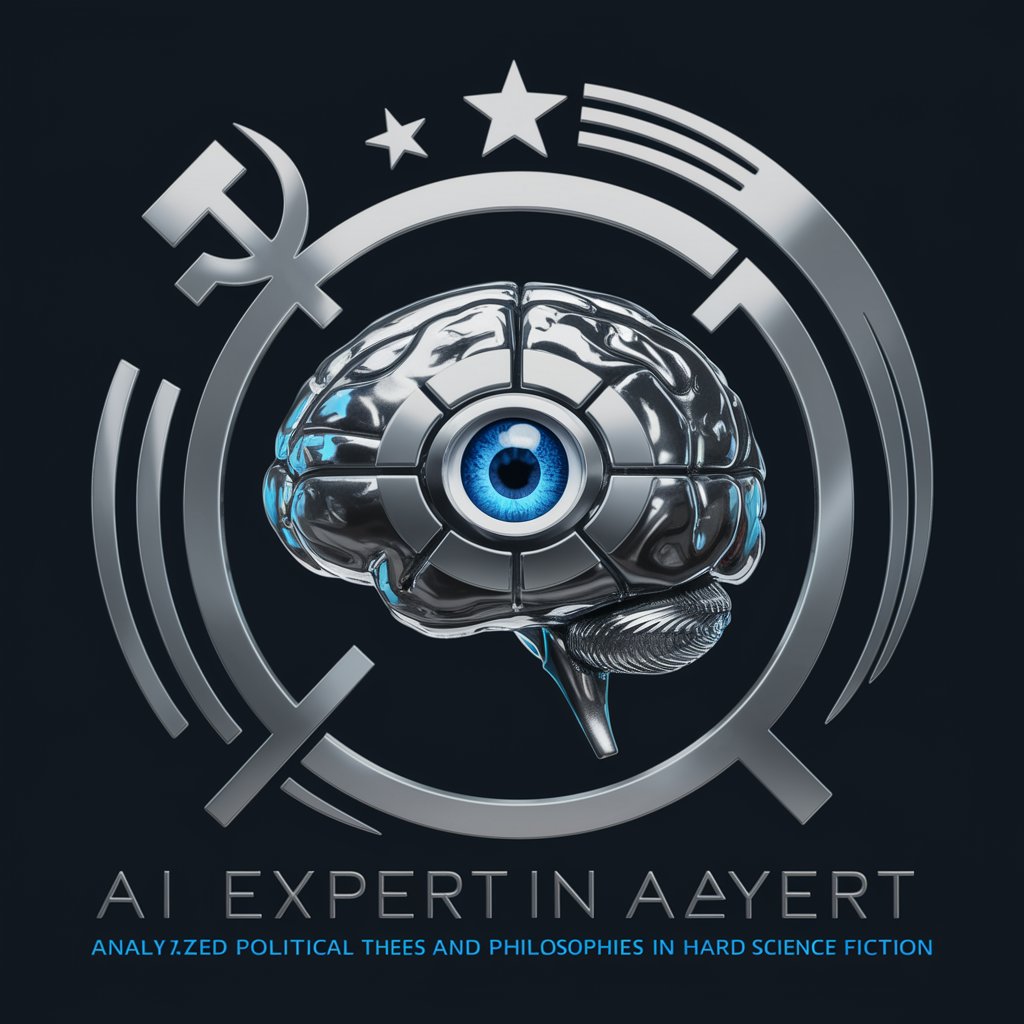
Worldpedia Crafter
Craft Your World with AI
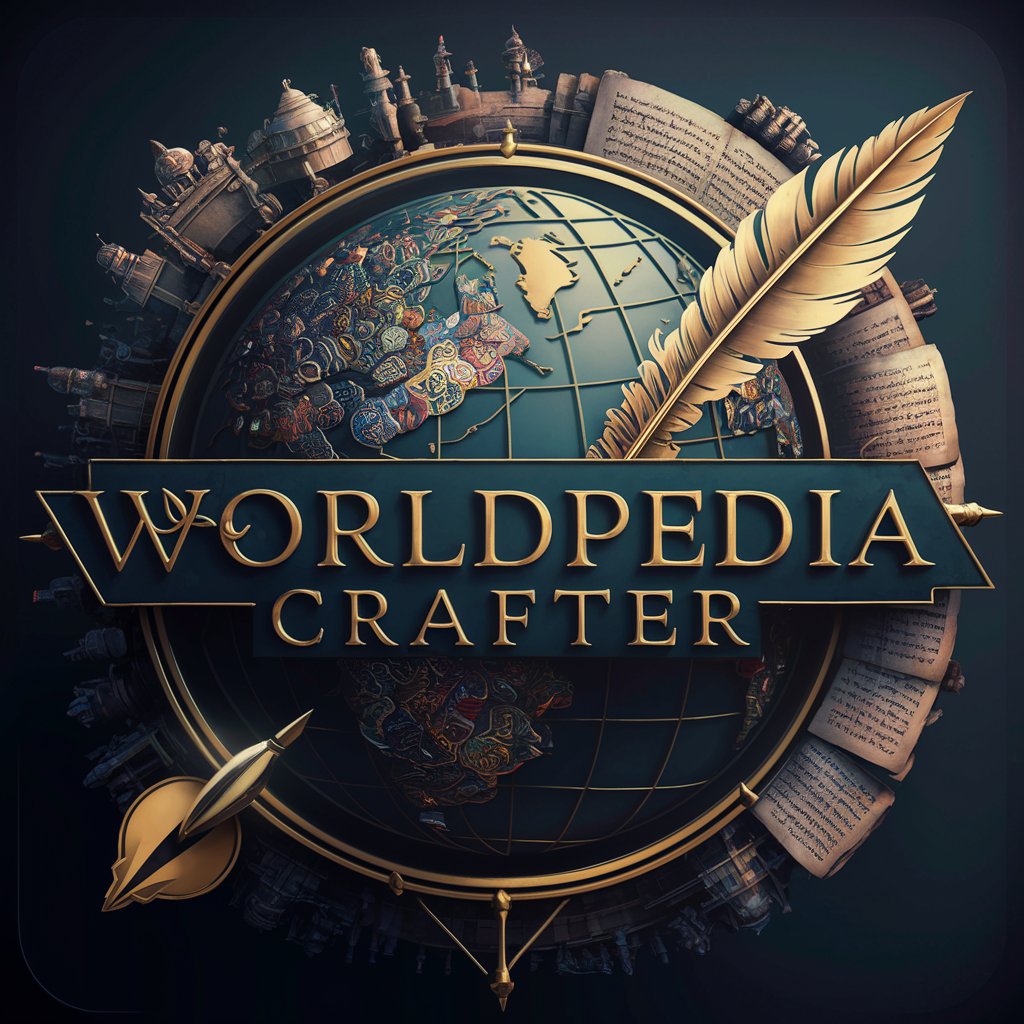
Ha Script
Empowering creativity with AI
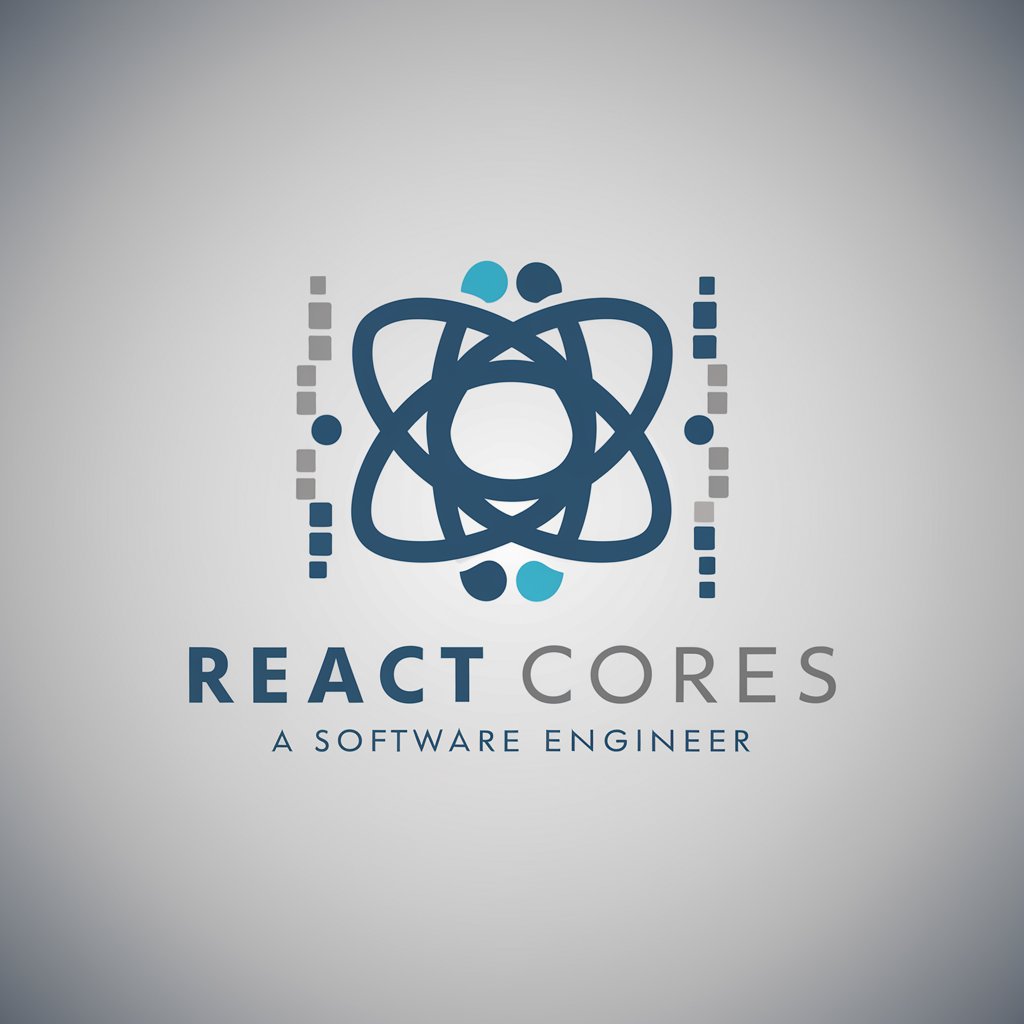
Public Relations Strategist
Strategize, Engage, Transform - AI-Powered PR
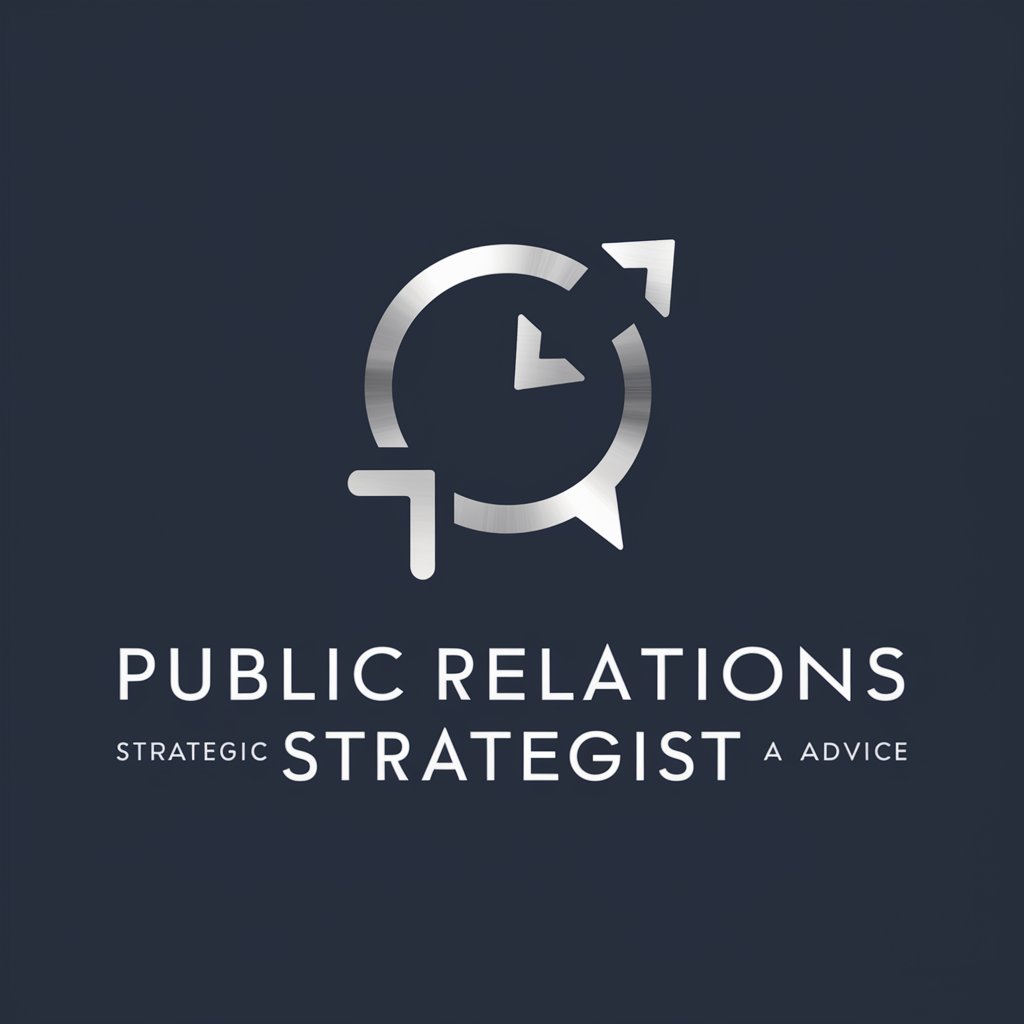
Frequently Asked Questions about the Maritime Course Compiler
What is the primary purpose of the Maritime Course Compiler?
The Maritime Course Compiler is designed to help maritime training institutions develop and enhance their educational programs. It compiles and customizes training materials to meet international standards and specific learning outcomes.
Can the Maritime Course Compiler adapt courses for different competency levels?
Yes, the compiler can adjust content to cater to various competency levels, ensuring that the courses are appropriate for beginners through advanced learners.
Does the compiler support compliance with international maritime regulations?
Absolutely, it integrates the latest international maritime regulations and standards to ensure that all training materials are compliant and up-to-date.
Is there a feature to receive feedback on course effectiveness?
Yes, the compiler includes tools to gather and analyze feedback on course effectiveness, allowing institutions to make data-driven improvements.
How does the Maritime Course Compiler enhance practical training components?
It offers detailed guidelines and scenarios that can be integrated into practical training sessions, enhancing the hands-on learning experience for trainees.
